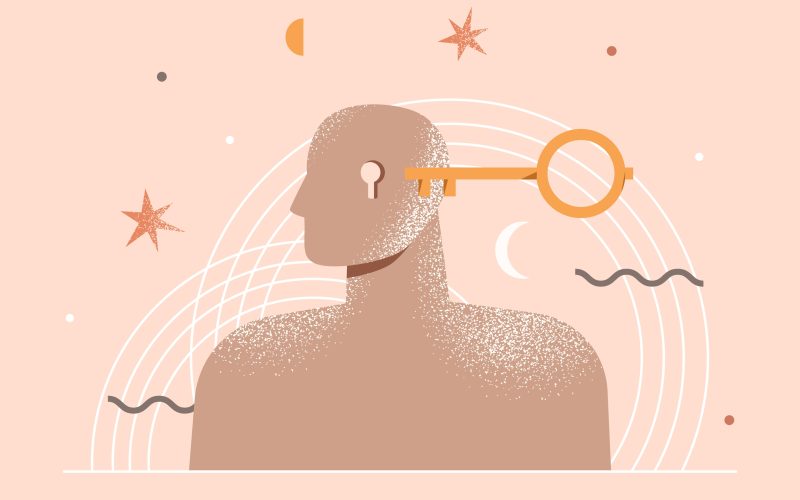The field of psychology mines the depths of our personalities, but it also says a lot about brain function, too. Paul Bloom is Professor of Psychology at University of Toronto and the Brooks and Suzanne Ragen Professor Emeritus of Psychology at Yale University. He joins host Krys Boyd to discuss the science of the mind, from nature vs. nurture, to what these insights can tell us about the most hot-button topics of our time. His book is “Psych: The Story of the Human Mind.”
Blog Post: What role do negative emotions play in our lives?
— By Brianna Flores, Think Intern
We have a better understanding of the way we think, speak and act because of the many studies psychologists have done. Examining the mind and behavior can teach us a lot about how we interact with one another in society.
“Without emotions, you would be so lost,” says our guest, Paul Bloom.
People learn through feelings and experiences. We can adapt to our environments and learn social cues through the emotions we feel.
“If you didn’t feel gratitude or guilt or shame, you wouldn’t be able to survive in a social world,” Bloom says. “If you didn’t feel happiness and sadness, you wouldn’t be able to respond to inputs in your experience that your life’s going poorly or is going well.”
Both negative and positive emotions help us to interact and live in society. However, like many psychologists, Bloom has one favorite feeling to study.
“I love the study of disgust,” Bloom says. “[It’s] a reaction against physical contamination, and then it extends that reaction to sort of social and moral contamination.”
While our feelings usually help us become better human beings, Bloom says there are two ways in which disgust can negatively impact us.
“One is a tendency to break the world up into social categories, and the us versus them,” Bloom says. “And the second is stereotyping. We are statistical beings [and] we form generalizations.”
Both positive and negative feelings can help us to cope with our thoughts. Seeking out therapy can help us to get to the root of our emotions.
To learn more about the different theories of psychology and how it helps develop our understanding of our minds and behavior, listen to the podcast above.



